Underwater Metal Detector
Underwater Metal Detector
Underwater Metal Detecting is fast becoming one of the more popular metal detecting styles and it’s easy to see why. With an underwater metal detector you can find some very interesting, as well as highly valuable, targets.
Most people when thinking about metal detecting, they picture someone using a detector on dry land, be it in gold fields, parks or on the beach. But getting below the water is where some very unusual and lucrative finds can often be recovered.
Whether it is in the ocean or freshwater, there are so many places where you can go can take an underwater metal detector to find some hidden treasure. In this guide we will talk about the different types of detectors used for underwater metal detecting, their uses and applications, and also great locations for detecting underwater.
Where to go Underwater Metal Detecting
Underwater metal detecting can be a very lucrative hobby and is also a lot of fun. Where you go detecting depends on what you are looking for.
If you are looking for old coins, relics, jewellery and the like, then you have a great deal of choices.
Beaches: Search in the shallows at low tide as many lost items are pulled in by the waves and buried in and around the low tide water line. Detect around piers and jetties as many valuables are dropped off them. Detect in shallow water in between life guard flags as most people will swim and gather in these areas.
Lakes and swimming holes: These bodies of water are another great place to detect underwater. Research public swimming spots in your area and particularly places that have been used historically. People have been using these types of places to cool down in summer for generations, so they are an excellent location to find old relics, jewellery and coins.
Rivers and Creeks: In gold bearing ground, rivers and creeks are a great place to search for gold nuggets. Gold often gets lodged into the cracks and nooks of bedrock at the bottom of rivers and creeks. Having a waterproof metal detector means you can snorkel or dive these waterways and find the nuggets that others can’t get to.
Looking After Your Underwater Metal Detector
Caring for your underwater metal detector will ensure it will last you for years to come. Here are some tips to help keep your detector good as new.
- Check all plugs, caps and seals have been fastened tightly before entering the water.
- Always wash your detector in fresh water after use in muddy or saltwater.
- Check O’Rings and seals on your underwater detector regularly. With time, salt water can degrade these. Keeping them lubricated with a suitable lubricant can keep them from drying out. For Silicone O’Rings, use a silicone lubricant, for rubber O’Rings, use a suitable non petroleum based lubricant.
- Avoid going deeper than the manufacturer’s recommended maximum depth. Water pressure gets stronger the deeper underwater you go. Going past these depths may put too much stain on the detectors housing and cause damage.
- Make sure your detector is dried thoroughly before charging or unscrewing caps and fitting.
Whether you are just starting out or already have some detecting experience, owning an underwater metal detector adds an extra layer to your metal detecting adventures.
Metal Detecting While Scuba Diving
Scuba diving is profoundly different from metal detecting; so much so that it may be perceived as an entirely different sport. For the sake of brevity, I want to include just a short list of the gear you’ll need. If you’re interested in this activity it may be best to consult books and references dedicated to this sport.
Scuba diving requires a training class and certification. It’s a necessary step for your safety and enjoyment.
What follows is a short list of the types of gear you will need for scuba diving metal detecting:
- Diving masks and snorkels.
- Fins and boots.
- Weight belts and buoyancy compensatory.
- Tanks and spare air.
- Oxygen regulators, octopus regulars.
- Gauges – depth, pressure, compass.
- Dive computer.
What Type of Metal Detector is Best for Water? (VLF or PI)
We’ve tried to explain what Very Low Frequency (VLF) and Pulse Induction (PI) technology is in a metal detector, but for watery conditions a PI machines are better than VLF. (Especially saltwater)
Pulse Induction sends an electronic current burst into the ground which excites the field generated around the target. A good comparison is a radar tower sending a signal and measuring the change in the return signal.
This type of tech, improves the depth of detection and reduces the “noise” caused by eddy currents around objects. Water, especially saltwater will create a magnetic field around a metallic object (a VLF weakness). Those eddy currents create “hot rocks” and trashy signals.
Combining a PI machine with a double d coil adds a step up in accuracy by narrowing the signal into a deeper penetrating current burst. Pulse Induction Metal Detectors are going to cost more than VLF machines.
Since you are limited to the low tides, as far as hunting, you only have about four hours of available search time. Which puts a little bit of pressure on. But before you jump into the water, take a look around, and notice parts of the beach that have less sand than the rest. Quite often it will be the same in the water.
These areas are the best places to start. This is the technique we use and it works quite well, because usually it’s only a part of the beach that is producing the finds. If you don’t see an area, scan the beach with your detector fairly fast to find a spot that is producing and concentrate in that area.
Sometimes you’ll see channels, also known as cuts, in the water. These areas will have heavier sand and small and pebbles. This indicates that some of the sand has moved and shifted. Once you start finding old coins, you’ll know you’re in the right spot and you can bet there is more there because they generally lay in these pockets.
Also, if you’re finding old coins, there is a good chance gold is nearby, but much deeper, so dig the veins of heavy sand and pebbles. It’s like a natural sift holding heavy items. Be patient and concentrate on scanning the area from different directions.
If you are just a beginner at water hunting, summertime would be the best time to try it out. Many people are swimming and metal detect on the beaches, so there should be plenty of targets to find. Start at the most popular beach in your area. Try to detect early in the morning, because the water is usually calmer, or later in the evening after everyone starts to go home. If you haven’t found much, don’t panic, the sand could move with the next tide.
If this is your first time out, it might be a good idea to practice. Before you jump in, practice in ankle deep water first, so you can see the general area of your target.
A good water scoop is extremely important, and you need to know how to pinpoint your target, because when the water is murky and stirred up you might as well have a blindfold on. I noticed that after water hunting for several years, I didn’t need to use our pinpointing features on our land detectors anymore.


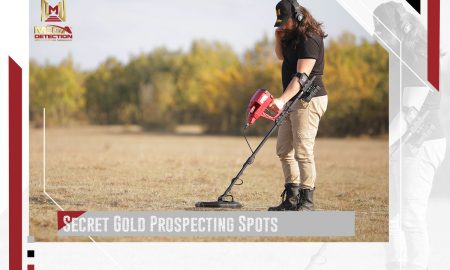


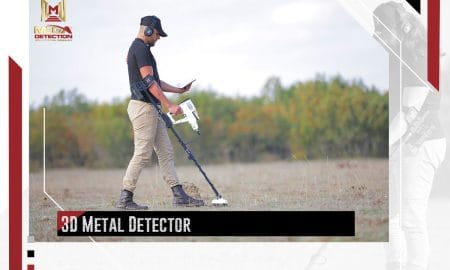
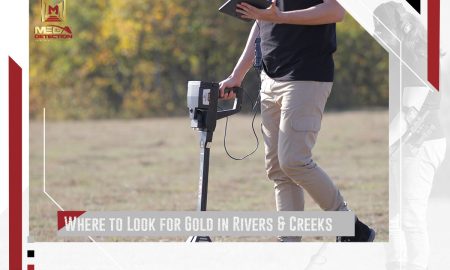
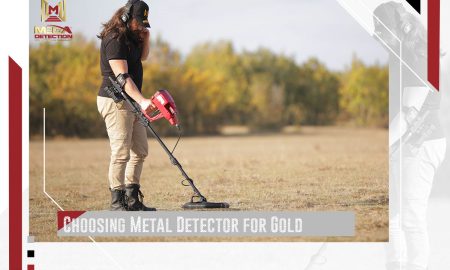

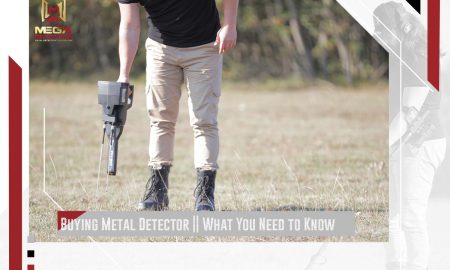
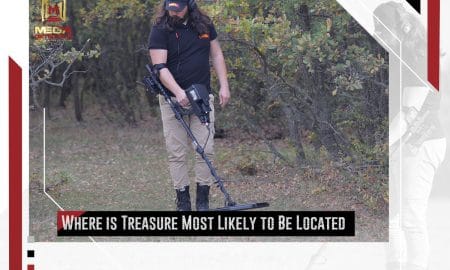
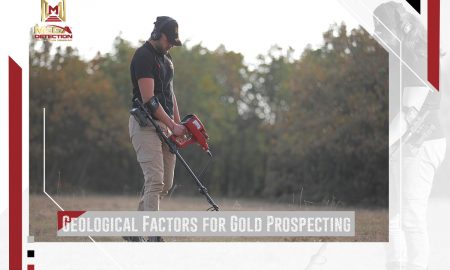
Leave a Reply